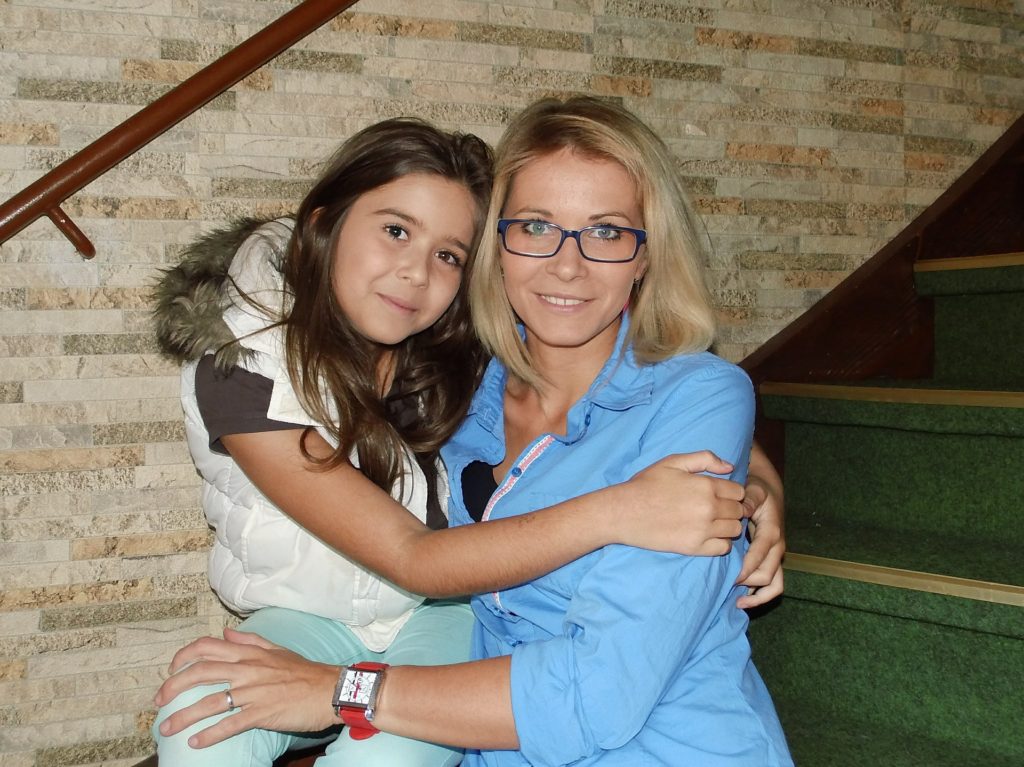Things did not work out as planned. Better yet, you do not feel that the parenting plan and child custody order meet your family’s needs. In some cases, it’s as simple as what seemed appropriate five or ten years ago needs to be changed.
The key word is change. Parents often agree to parenting time and custody arrangements. That said, the court gives the ultimate approval. It doesn’t matter if the custody order dates back to several years or just a few months. Regardless of the timing of the original court determination, you’ll be expected to provide evidence of a change in circumstances.
You’ll notice that the words “change in circumstances” show up a great deal when it comes to New Jersey family law. Most recently, the Appellate Division reversed a case because the moving party failed to provide evidence as cohabitation as a change in circumstances.
Truth be told, there’s somewhat of a logical explanation for the concept. Judges make decisions based on the proofs provided at the time of a divorce or any type of custody hearing. If nothing’s changed, what would constitute a reason for rehashing the same set of circumstances?
Last month, the New Jersey Appellate Division considered an appeal arising that involved a custody dispute. The lower court judge expressly found there were no changed circumstances. You’ll want to see what happened as a result.
No Changed Circumstances in this Child Custody Case
The New Jersey Appellate Division decided the matter of Gatto v. Breton. Although the decision was not approved for publication, it offers some fascinating insight as to how the court ruled for the named parties.
Janette Breton and Frank Gatto were only married a short time after they divorced in 2011. As part of their marital separation agreement (MSA), Janette and Frank agreed to share joint legal and physical custody of their now fourteen-year-old son.
According to the case history, the son lives with his father in Bergen County during the week. He spends every other weekend and alternates Wednesdays with his mother in New York. A middle school student, the teenager, has an IEP program in place.
Remarkably, the court notes that the parties have been in and out of court. Additionally, the extent of their dislike for one another means that their son must be picked up and dropped off at the police station to exchange parenting time.
The parents fire back and forth complaints about one another. Notably, completion of the son’s homework appears to trigger debates. Neither approves of the other’s parenting style.
Parenting Coordinator and Therapy
At some point, Janette asked the court to adjust the vacation schedule spelled out in the original court order. Consequently, Frank asked the court to compel therapy for their son and transfer custody to him.
No doubt this irritated Janette further, who subsequently requested appointment of a parent coordinator. The court complied with Janette’s application. However, despite the feelings expressed between the parties, the judge did not feel their son needed therapy.
That said, it didn’t stop there. The court also denied Frank’s change in custody request. In fact, the judge also decided against a custody evaluation. All things considered, Frank failed to prove that there was a change in circumstances.
As part of this application, Frank informed the court that his son wanted to live with him. Although Frank also submitted that the son’s age warranted the change, the judge found that the teenager was doing well under the current arrangement.
Although it was Janette’s idea to ask for the parent coordinator, she stopped participating in the process eight months after the coordinator’s appointment. While Frank claimed it was because Janette didn’t like what the coordinator recommended, Janette disputed his assertions.
Amazingly, the parents saw five separate judges over the course of time. On another occasion, Frank attempted to basically seek the same things he previously requested. In denying Frank’s request to transfer custody, the judge said there was “no prima facie showing that it’s [in] the best interests of this child and there hasn’t been demonstration that there is a significant change in circumstances.”
Without relaying the extensive case history, the same judge suggested the formerly married couple’s son needed therapy as a safe haven. However, one important issue arose. Frank insisted that he wanted a custody evaluation. The trial court ordered one – even after a determination that there was no change in circumstances.
In the end, the Appellate Division found that absent the finding of a change in circumstances, no custody evaluation was in order.
Contact Us
Acrimonious behavior between parents hurts children. If you are considering a change of child custody, the Law Offices of Sam Stoia can assist you. Please call us to learn more.


